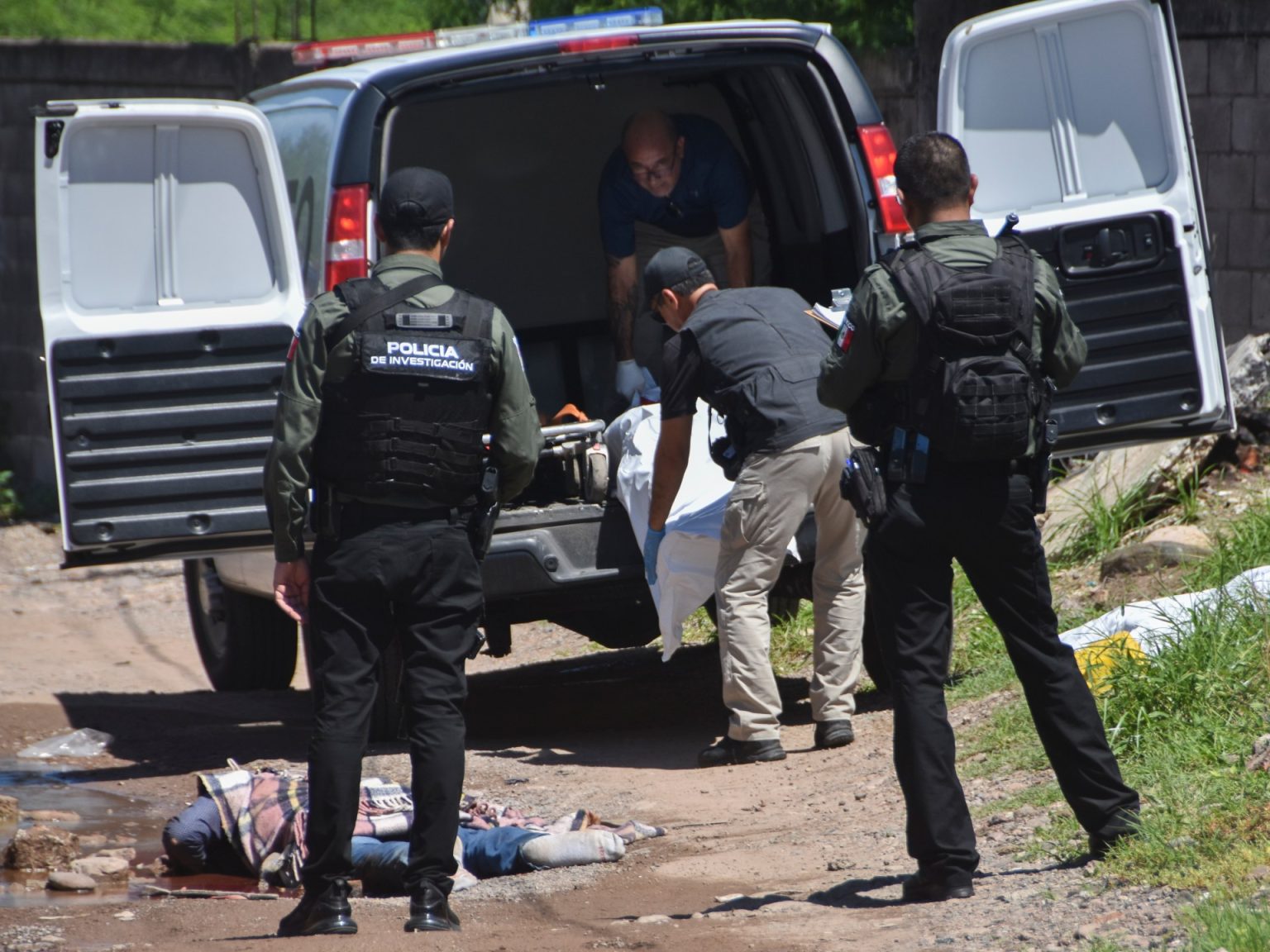The Mexican state of Sinaloa is experiencing a surge in violence as rival criminal factions fight for control following the arrests of two top drug lords earlier in the year. This escalation of violence is seen as a direct result of the ‘kingpin strategy,’ which targets high-profile leaders of drug organizations. With the removal of these leaders, power vacuums are created, leading to infighting among remaining factions as they seek to establish dominance in the region. This instability has resulted in increased levels of violence and insecurity for the residents of Sinaloa.
The ‘kingpin strategy,’ which focuses on capturing or eliminating top leaders of drug organizations, has been criticized for contributing to the cycle of violence and chaos in regions like Sinaloa. By removing key figures without addressing the underlying issues that fuel drug trafficking and organized crime, the strategy can inadvertently create power struggles among rival factions vying for control. This power vacuum often leads to increased levels of violence as factions seek to assert their dominance and secure their interests in the region.
The recent arrests of two top drug lords in Sinaloa have triggered a violent power struggle between rival criminal factions, resulting in a wave of insecurity and bloodshed in the region. This situation is not unique to Sinaloa, as similar patterns of violence have been observed in other regions where the ‘kingpin strategy’ has been employed. The strategy’s focus on individual leaders often fails to address the complex social, economic, and political factors that contribute to the proliferation of drug trafficking and organized crime.
The violence in Sinaloa highlights the need for a more comprehensive approach to addressing the root causes of organized crime and drug trafficking in Mexico. Simply targeting top leaders without implementing long-term strategies to address issues such as poverty, corruption, and lack of opportunity only serves to perpetuate the cycle of violence and instability. The current situation in Sinaloa underscores the importance of addressing these systemic issues in order to achieve lasting peace and security in the region.
The ongoing power struggle in Sinaloa is a stark reminder of the devastating consequences of the ‘kingpin strategy’ and the need for a more thoughtful and comprehensive approach to combating organized crime in Mexico. As rival factions continue to battle for control, innocent civilians are caught in the crossfire, facing dangers and threats to their safety on a daily basis. It is crucial for policymakers and law enforcement officials to recognize the limitations of the ‘kingpin strategy’ and work towards implementing more holistic solutions to address the complex challenges posed by organized crime in Mexico.
In conclusion, the current situation in Sinaloa serves as a cautionary tale of the unintended consequences of the ‘kingpin strategy’ and the urgent need for a more comprehensive approach to addressing organized crime in Mexico. By focusing on individual leaders without addressing the systemic issues that fuel drug trafficking and violence, policymakers risk perpetuating the cycle of insecurity and instability in regions like Sinaloa. It is imperative that efforts to combat organized crime in Mexico prioritize long-term solutions that address the root causes of violence and insecurity, rather than relying solely on short-term strategies that can exacerbate the problem.


